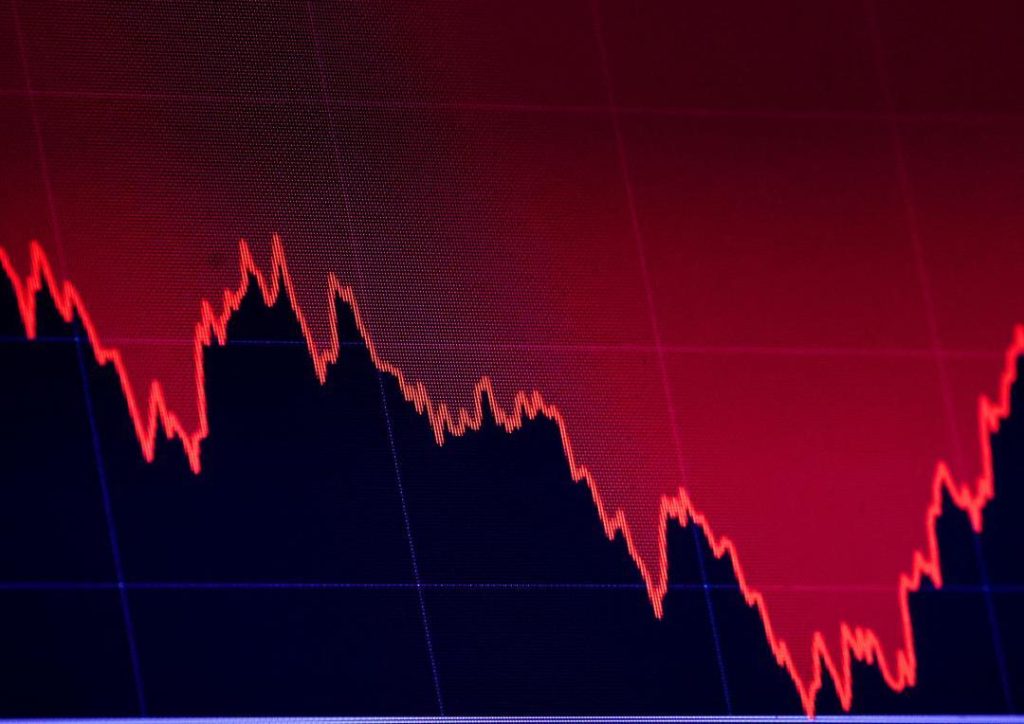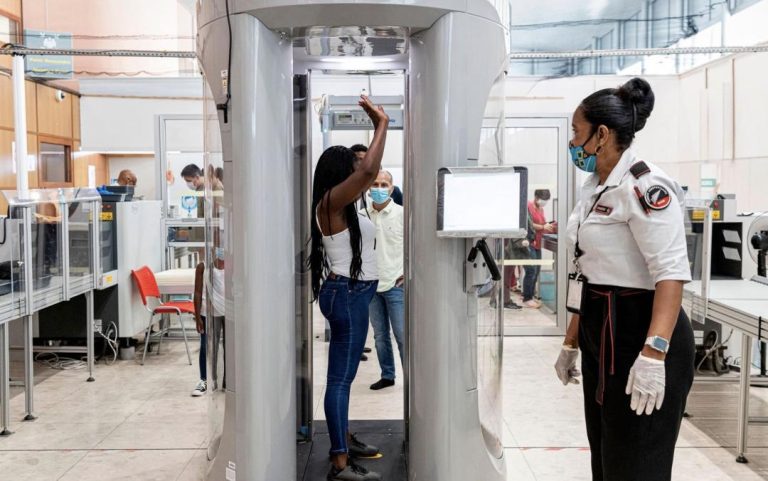
Bloodbath in US Markets: S&P 500 and Nasdaq at Over 6-Month Lows
The US stock market witnessed a bloodbath on Monday, with both the S&P 500 and Nasdaq indexes plummeting to over six-month lows. The massive selloff was fueled by concerns over US President Donald Trump’s upcoming announcement of tariff plans, which has raised worries about a potential recession.
At 09:44 am (US time), the S&P 500 was down 81.90 points, or 1.47%, to 5,499.04, while the Nasdaq was down 409.48 points, or 2.36%, to 16,913.52. The sell-off was widespread, with all 11 sectors of the S&P 500 index ending in the red. The tech-heavy Nasdaq, which has been a bright spot in recent years, was hit particularly hard, with many of its top-performing stocks tumbling.
The rout was sparked by reports that Trump is set to announce new tariffs on imported goods, which has raised concerns about a trade war with China and other countries. The tariffs are expected to be announced as part of a broader package of measures aimed at reducing the US trade deficit, but investors are worried that the move could lead to a decline in global trade and a subsequent recession.
The selloff was exacerbated by a lack of clarity on the details of the tariff plan, which has left investors feeling uncertain and anxious. The Dow Jones Industrial Average, which is widely followed as a benchmark of the US stock market, fell 449.19 points, or 1.71%, to 24,493.19, its lowest level since November 2024.
The bloodbath in the US markets has sent shockwaves around the world, with stock markets in Asia and Europe also falling sharply. The Japanese Nikkei 225 index fell 2.1% to its lowest level since February 2024, while the German DAX index fell 1.5% to its lowest level since October 2024.
The sell-off in the US markets has also had a significant impact on the bond market, with yields on 10-year Treasury notes falling to their lowest level since October 2024. The yield on the 10-year note fell 10 basis points to 2.45%, as investors sought the safety of government bonds.
The rout in the US markets has also had a significant impact on the currency market, with the US dollar falling against major currencies. The dollar fell 0.5% against the euro, its lowest level since February 2024, and 0.4% against the Japanese yen.
The bloodbath in the US markets has sent a warning signal to investors that the global economy is facing a significant risk of recession. The US economy, which has been growing steadily since the end of the 2024 recession, is expected to slow down in the coming months, according to many economists.
The tariff plan announced by Trump is expected to have a significant impact on the US economy, particularly on small and medium-sized businesses that rely heavily on imports. The tariffs are expected to increase the cost of goods for consumers, which could lead to a decline in consumer spending and a subsequent recession.
The selloff in the US markets has also had a significant impact on the technology sector, which has been a bright spot in recent years. Many of the top-performing tech stocks, including those of Amazon, Microsoft, and Alphabet, fell sharply, with some stocks losing as much as 5% of their value.
The bloodbath in the US markets has sent a warning signal to investors that the global economy is facing a significant risk of recession. The US economy, which has been growing steadily since the end of the 2024 recession, is expected to slow down in the coming months, according to many economists.
In conclusion, the bloodbath in the US markets is a significant event that has sent shockwaves around the world. The selloff was fueled by concerns over Trump’s tariff plan, which has raised worries about a potential recession. The impact of the selloff has been widespread, with all 11 sectors of the S&P 500 index ending in the red and many top-performing stocks tumbling. The event serves as a warning signal to investors that the global economy is facing a significant risk of recession.
Source:
https://www.reuters.com/markets/us/futures-tumble-tariffs-fuel-recession-worries-2025-03-31/




